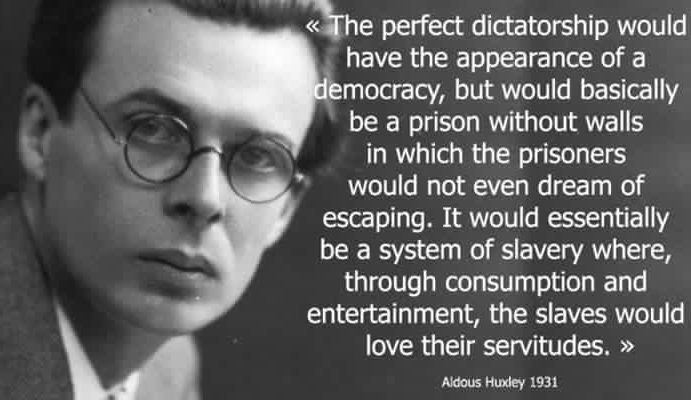If you want to know how Monsanto gets trade agreements in foreign countries without a truly democratic or legal process, you can look no further than South America for answers. Using antiquated laws and the North American Free Trade Agreements (NAFTA), one of the ‘most hated companies’ in the world has forced its wares into multiple South American countries without considering farmers’ rights, indigenous seed, or food sovereignty for millions of people.
The International Union for the Protection of New Varieties of Plants, or UPOV (and colloquially known as “The Monsanto Law” in South America), was initially established in 1961. It was likely never meant to protect companies like Monsanto in the way that it is today, though it was originally intended as a means of imposing common rules for recognizing and protecting the ownership of new plant varieties by plant breeders.
Latin American farmers see Monsanto as nothing more than an imperialist opportunist. From Chile to Columbia to Mexico, there have been demonstrations, often resulting in changed laws that protect local farmers instead of biotech corporations. As Grain.org explains:
“The history of UPOV is that of an ongoing and apparently limitless expansion of seed company rights along with a concomitant shrinkage of farmers’ rights and freedoms. The original convention only granted property rights over varieties developed by the party requesting them; it granted little more than an exclusive right to market a private variety and did not establish specific sanctions.
With its subsequent revisions, UPOV now grants monopoly rights over “discovered” varieties and the production, marketing, export and import thereof. In addition, it allows property owners to apply for the confiscation of crops, plantations, harvests, and products derived from the harvest. It even allows companies to file criminal complaints, which can lead to prison terms for farmers.
UPOV 91 is the version of the convention now being imposed around the world under the pretext of “protection.” However, it has been clearly demonstrated that UPOV 91 violates farmers’ individual and collective right to save seed for replanting and allows corporations to monopolize biodiversity. These provisions give the “corporations total commercial control over seeds and knowledge that were once owned collectively by whole communities.”
So, while Monsanto is ‘technically’ within the law, it still violates farmers’ rights because the laws are outdated, and not meant for biotech seed monopolies, as the company utilizes them. Laws like these, as well as our own within the US, allow biotech corporations to steer trade towards forced GM cultivation – even when farmers don’t want to grow GM crops.
End of quote.
We can expect these issues to broaden and get worse for individual farmers and consumers under TPP in the Pacific and TTIP across the Atlantic. That’s a key part of their intent.

Recent Comments